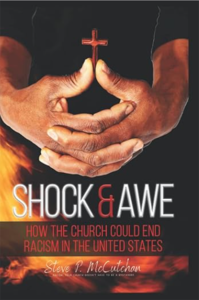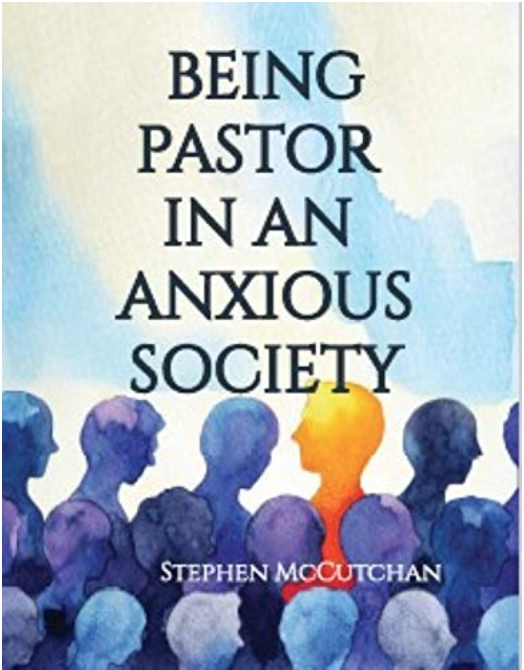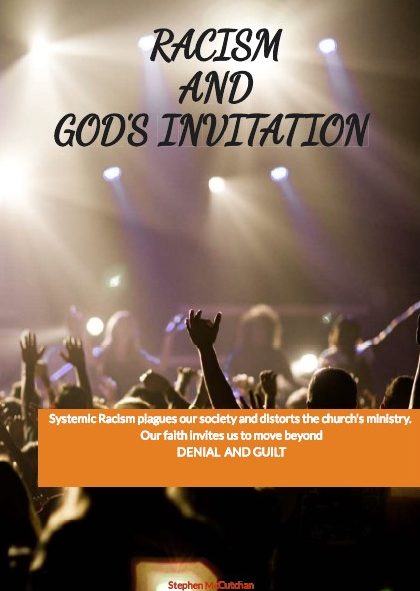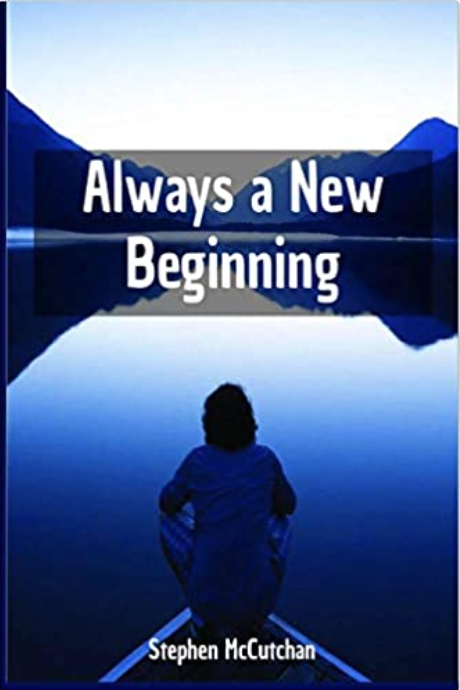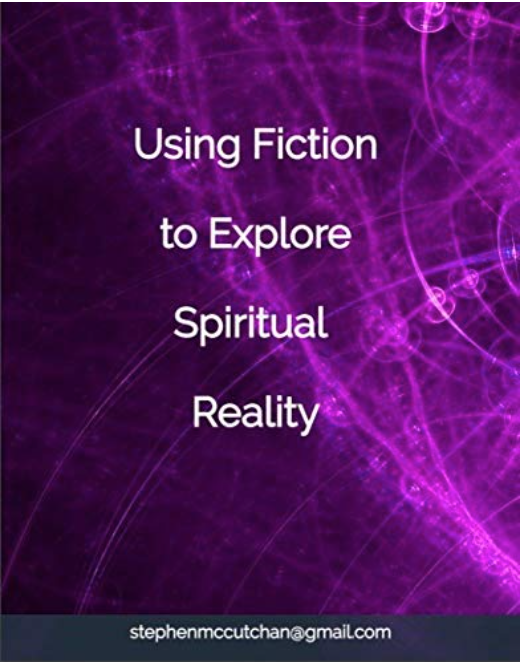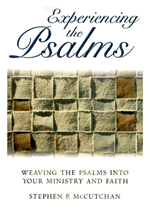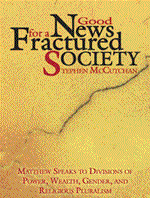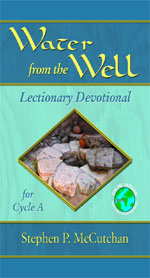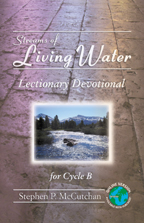REPARATIONS
One aspect of God’s reconciling work may involve the issue of reparation. Desmond Tutu, in speaking about the struggle to overcome racism in South Africa, speaks of the challenge of reparations. To “put the past behind us” and act as if an act of confession clears the tables of justice and allows us to “get on with life” is to trivialize the pain of the past.
Part of the (USA) painful past is the fact that our constitution clearly states that our ancestors were fully aware of the economic value of slave labor in building a prosperous country. Historically, both Native Americans and African Americans paid a heavy price for the economic prosperity of this country. There is no way that one could calculate the value to African Americans in lives and wealth that racism has cost their ancestors. While there may be efforts to make symbolic economic reparation, as we have done with respect to Native Americans and to the Japanese Americans that we imprisoned during World War II, it would not be feasible to actually restore to a current generation that which has been taken from their ancestors. However, if we fully explored the various dimensions of that cost together, could God use our confession of sins redemptively in raising our awareness as to how to respond to the challenge posed by the new wave of immigration in our country?
What God intended when God spoke of Creation as very good
The Consummating Will of God refers to the intention that God has had from the beginning of creation and will accomplish by the end of time. This intention is in contrast to the Gnostic assumption that creation is basically evil and that God’s saving work is to enable the faithful to be “raptured” out of this evil world. It also stands as a challenge to a belief that while God created the world as “good,” it has become so hopelessly defiant of God’s goodness that in desperation God sent Christ to redeem the world. The Consummating Will of God sees the act of Christ’s coming, death, and resurrection as part of a plan of salvation that God intended from the beginning and will bring to fulfillment in the end.
REPARATION AND THE CHURCH
When we think of the history of racism in our country, especially the church, it can fill us with guilt and shame. However, our faith’s very nature provides us with a different, even liberating possibility. Whether it be the wilderness journey for the Israelites, or the via dolorosa for Jesus who embodied our faith journey in a single life, the journey is towards the Promised land, or the Kingdom of God, not because we deserve it but because our future is a reflection of the love of God for us. As a church community, we need to confess the horrible chapter of racism in our history, and respond with acts of gratitude to God’s purpose of reconciling the world. (2 Corinthians 5:19). We don’t make up for the sins of our past, but learn from them in ways that offer healing for the future.








